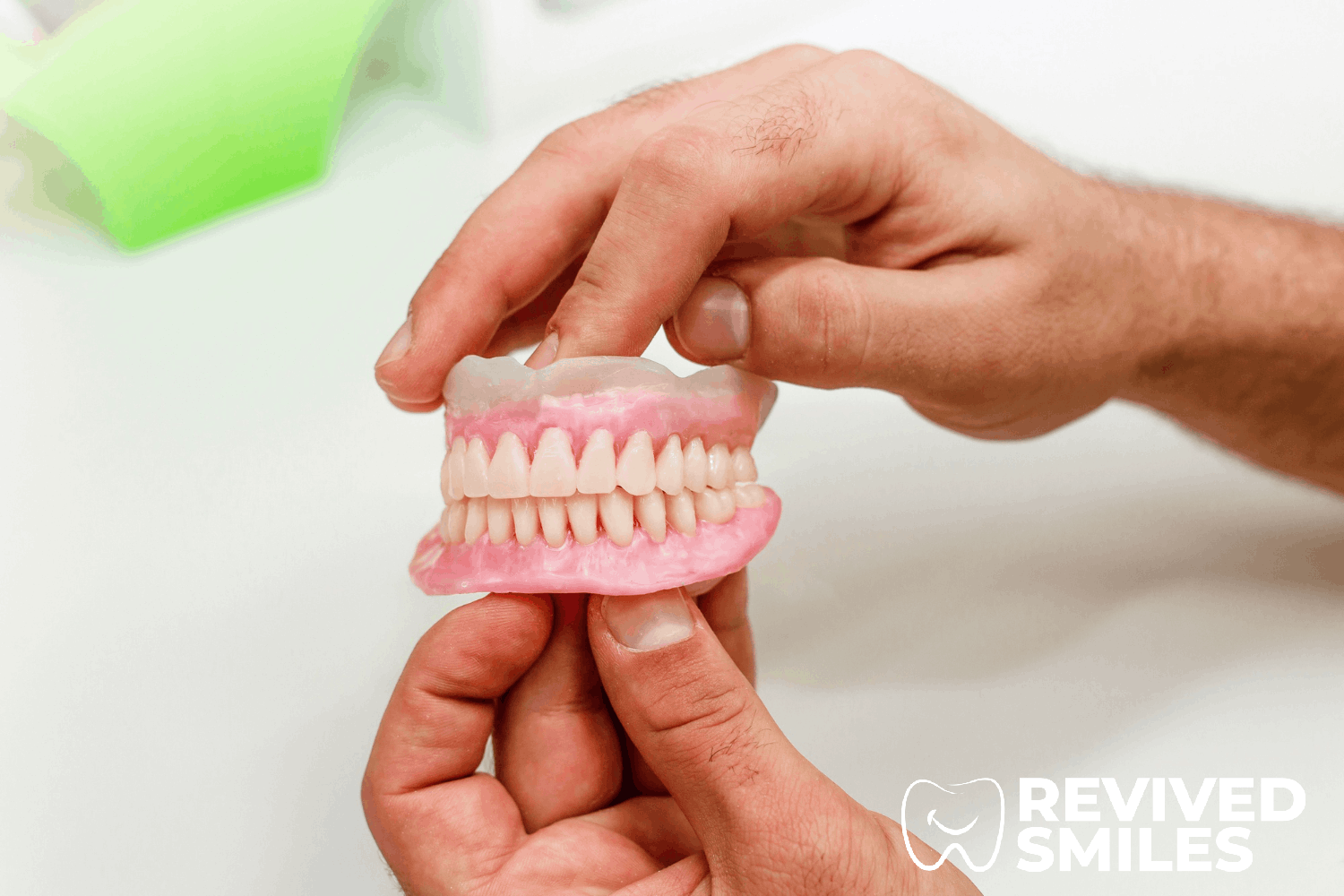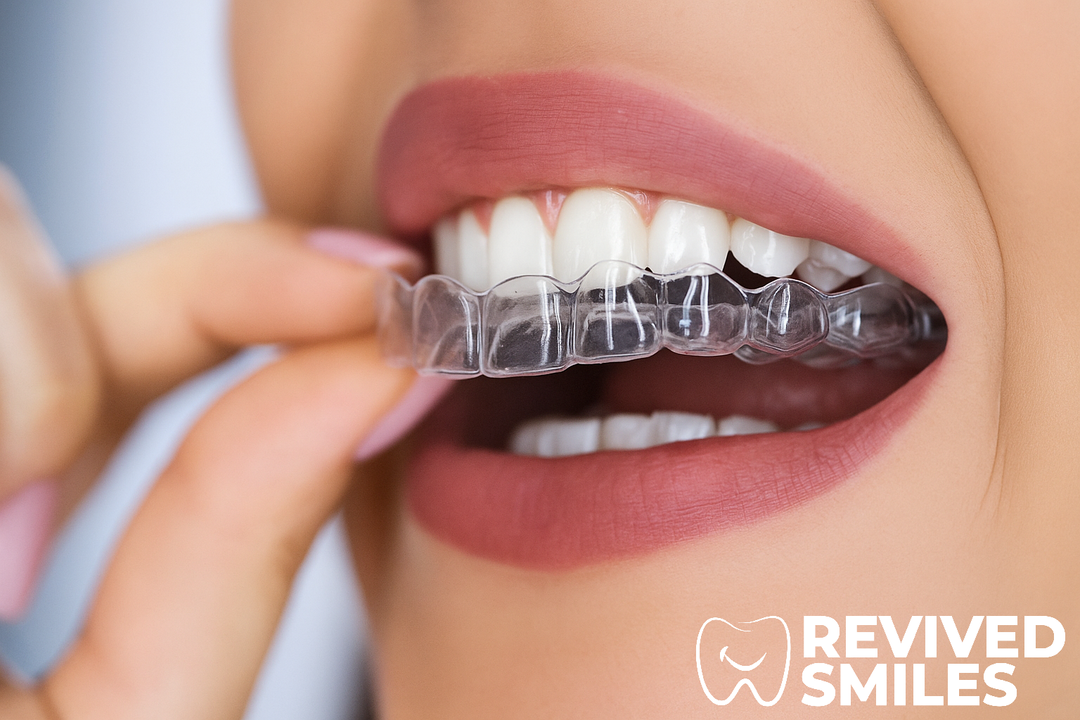The PROs and CONs of Partial Dentures

The PROs and CONs of Partial Dentures
Losing teeth can be tough, it affects not only your smile but also your confidence and daily activities like eating and speaking. Good thing partial dentures are a practical solution for many people with single or multiple missing teeth. But like any dental option, they have their own pros and cons.
Let’s get into the Pros and Cons of partial dentures so you can make an informed decision.
What are partial dentures?
Partial dentures are removable dental appliances that replace multiple missing teeth while preserving the remaining natural teeth. Unlike full dentures which replace an entire arch, partial dentures fill gaps in your smile by attaching to your existing teeth.
They’re a popular choice for those looking for an affordable and non-invasive way to restore function and aesthetics.
Beyond their main function, partial dentures can also improve your oral health by preventing further complications like tooth shifting and bite imbalances. They come in various materials and styles, including a flexible material that provides extra comfort and adaptability.
Knowing their role will help you understand why they’re a trusted solution for many people around the world.
Candidates for Partial Dentures
Partial dentures are a versatile solution for individuals who have lost one or more teeth due to various reasons such as tooth decay, gum disease, or injury. If you have several missing teeth and are considering your options, partial dentures might be the right choice for you.
Here are some factors to consider:
-
Remaining Natural Teeth: Partial dentures are designed to work with your existing teeth. If you still have some or most of your natural teeth left, they can provide the necessary support for the denture.
-
Healthy Gums: Your gums need to be in good condition to support the partial denture. Healthy gums ensure a better fit and reduce the risk of complications.
-
Cost-Effective Solution: Partial dentures are often more affordable than other tooth replacement options like dental implants or dental bridges, making them a practical choice for many.
-
Restoring Your Smile: If you want to restore your smile and boost your confidence, partial dentures can fill in the gaps left by missing teeth.
-
Suitability for Non-Surgical Options: If you are not a good candidate for dental implants or dental bridges due to health conditions or personal preference, partial dentures offer a non-invasive alternative.
By considering these factors, you can determine if partial dentures are the right fit for your dental needs and lifestyle.
Types of Partial Dentures
There are several types of partial dentures available, each with its own unique characteristics and benefits. Understanding these options can help you choose the best partial denture for your needs:
-
Removable Partial Dentures: These are the most common type of partial denture. Made of a resin base attached to artificial teeth, they are held in place by clasps or clips that attach to your natural teeth. They are easy to remove for cleaning and maintenance.
-
Fixed Partial Dentures (Dental Bridges): Also known as dental bridges, these are fixed in place by crowns on either side of the missing tooth. They provide a more permanent solution compared to removable partial dentures.
-
Implant-Supported Partial Dentures: These dentures are attached to dental implants, which are surgically inserted into the jawbone. This option offers a stable and durable solution for replacing missing teeth.
-
Metal Partial Dentures: Constructed from a metal alloy, these dentures are stronger and more durable than plastic partial dentures. They provide a long-lasting solution for those needing a robust tooth replacement option.
Each type of partial denture has its own advantages, so discussing these options with your dentist can help you make an informed decision.
Pros of Partial Dentures

Partial dentures have many benefits that make them a popular choice for many dental patients. Here’s why:
Replacing missing teeth is crucial for maintaining the alignment and function of your upper and lower teeth, preventing potential dental issues such as gum disease.
Partial dentures are made to replace missing teeth, which helps in maintaining the alignment of your upper and lower teeth. They are removable, making them easy to clean and maintain. Additionally, they are less invasive compared to other dental procedures like implants.
1. Affordability
One of the biggest advantages of partial dentures is its affordability. Compared to dental implants or full dentures, partial dentures is a budget friendly option, making them available to many people.
This affordability doesn’t compromise function, patients can eat, speak and smile without breaking the bank.
For those on a tight budget or without dental insurance, partial dentures is the first step to restoring oral health. Many dental offices also offer payment plans so this option is more accessible.
2. Restores Functionality
Missing teeth makes eating and speaking difficult. Partial dentures replace missing teeth, restoring your ability to chew and speak clearly. It’s a functional solution for those who want to live a normal life.
By supporting your bite, partial dentures prevent unnecessary strain on your remaining teeth and reduce the risk of future dental problems.
Whether you’re eating your favorite food or talking to someone, partial dentures make sure you don’t miss out on life’s little things. This function makes it a life-changing investment for those who have struggled with missing teeth.
3. Non-Invasive Option
Unlike dental implants which require surgical procedures, partial dentures are non-invasive. This makes it a good choice for those who don’t want to undergo surgery or have health conditions that make surgical options not viable.
The process of getting partial dentures usually involves non-invasive impressions and fittings so it’s a stress free experience for most patients.
For many, the idea of not undergoing surgery is a big relief especially when considering recovery time and increased risk of potential complications. Partial dentures is a solution without the need for anesthesia or extended downtime.
4. Aesthetic Enhancement
Partial dentures fill in the gaps, giving you a natural looking smile. With the advancements in dental materials, these appliances can match the color and appearance of your existing teeth, boosting your confidence.
Whether you’re at a social gathering or a professional setting, partial dentures help you present yourself best.
The psychological effect of a restored smile can’t be emphasized enough. Studies have shown that a confident smile can improve social interactions, career opportunities, self esteem, and overall mental health.
5. Customizability
From acrylic to Valplast, partial dentures can be customized to fit your needs and preferences. This customization ensures a tailored fit and comfort. Whether you prefer lightweight or more durable options, partial dentures have options to suit your priorities.
Customization also applies to aesthetic preferences, you can choose the shade, shape and design that matches your natural teeth. This personalization gives comfort and satisfaction, so it’s a positive experience.
6. Ease of Repair and Adjustment
As your oral condition changes over time, partial dentures can be easily repaired or adjusted, making it a long term and adaptable solution. Unlike permanent solutions which require extensive intervention, partial dentures is easy to modify so it remains functional and comfortable.
For example, if your jawbone shifts or your remaining teeth move, a dental professional can adjust your dentures to fit. This adaptability makes it a practical option for those with changing dental needs.
7. Removability
Partial dentures are easy to take out for cleaning or sleeping, which makes maintenance and oral hygiene simple. Being removable allows for thorough cleaning, reduces the risk of plaque buildup and associated dental problems. And being able to remove it gives relief to your gums and mouth and promotes better oral health over time.
This is a big plus for those who want simplicity in their daily routine. Proper care will ensure your dentures will be in good condition and extend its lifespan and effectiveness.
Prevents Teeth Shifting by Replacing Missing Teeth
When teeth are missing, adjacent teeth can shift into the empty spaces and become misaligned. Partial dentures help maintain the alignment of your remaining teeth and overall oral health. By filling in the gaps, it provides the support to keep all your teeth and dental structure intact.
Teeth shifting can cause bite problems, uneven wearing additional teeth, and even jaw pain. Partial dentures are a safeguard against these complications so your smile remains functional and beautiful.
The CONs of Partial Dentures
While partial dentures have many benefits, it’s important to consider its limitations. Here are the downsides you should know:
1. Initial Discomfort
Adjusting to partial dentures takes time. Many users experience initial discomfort, soreness or feeling of bulkiness as they get used to the appliance. This adjustment period varies from person to person and may require patience and persistence.
Dentists often recommend using denture adhesives or eating softer foods during this period. Over time, most users find their dentures become a comfortable and natural part of their daily lives.
2. Durability Concerns
Partial dentures is not as long lasting as permanent solutions like implants. It may require frequent repair or replacement especially with regular use and wear and tear. Factors such as material quality, usage habits and oral hygiene practices affect its lifespan.
Investing in high quality materials (Flexible Partial Dentures are a lot more durable than traditional partial dentures) and following proper care guidelines can extend the lifespan of your partial dentures. But you should consider the need for future adjustment when you evaluate this option.
3. Maintenance Requirements
Daily cleaning is a must for partial dentures to prevent odor, plaque buildup and staining. This can be time consuming for some users especially those who are new to the routine. Neglecting proper care can cause oral health problems and shorten the lifespan of the appliance.
Using specialized cleaning solutions and following a regular cleaning schedule can make this process easier. Dentists can guide you on how to maintain it without added stress.
4. Gum Irritation and Gum Disease
Poorly fitting dentures can cause gum soreness or inflammation. Regular adjustments and proper fit is key to avoid these problems. Over time, ill-fitting dentures can cause more serious complications like ulcers or infections.
Regular dental visits are important in preventing and addressing gum irritation. By making sure your dentures fit right, you can minimize discomfort and keep your gums healthy.
5. Functional Limitations
Some foods like sticky or hard items (nuts, ice, gum, etc) can be difficult to eat with partial dentures. These limitations can affect your diet and eating habits and you may need to adjust your meal choices. For some, this can be inconvenient especially during social occasions.
Practicing and experimenting can help you navigate these limitations. Dentists can also give you dietary recommendations to make the transition smoother and you can have a balanced diet.
6. Aesthetic Differences
Although temporary partial dentures can look natural, it may not be as seamless as permanent replacement like implants. For those who want a flawless aesthetic, this can be a consideration. The visibility of metal clasps or the color mismatch of some materials can affect the overall look.
Using high end materials and working with experienced dental professionals can improve the aesthetic of partial dentures. Many options are designed to balance functionality and aesthetics.
7. Dependency on Adhesives
Some partial dentures require adhesives to stay in place. This dependence can be inconvenient and not appealing to everyone. Adhesive application and removal can add to daily maintenance which some users find cumbersome.
Good news is that advancements in denture design have minimized this requirement for many models. Talk to your dentist about adhesive-free options and you’ll have more convenience at least one tooth back.
8. Potential Bone Loss
Partial dentures do not prevent bone resorption in the jaw. Over time this can cause changes in facial structure and fit of traditional dentures and may require frequent adjustments. Bone loss can also affect the stability of your dentures and its overall function.
Regular dental visits and exploring other treatment options like bone preservation techniques can help minimize these effects. Knowing this limitation will prepare you for future challenges.
How to Care for Partial Dentures
Proper care and maintenance of complete denture are essential to extend the life of your partial dentures and ensure your oral health. Here are some tips on how to care for your partial dentures:
-
Nightly Removal and Soaking: Remove your dentures at night and soak them in a denture cleaning solution. This helps to keep them clean and prevents them from drying out.
-
Daily Brushing: Brush your dentures daily with a soft-bristled toothbrush and mild soap. Avoid using harsh chemicals or abrasive materials that can damage your dentures.
-
Oral Hygiene: Clean your gums and remaining natural teeth regularly to prevent gum disease and tooth decay. Good oral hygiene is crucial for maintaining the health of your remaining natural teeth.
-
Regular Dental Visits: Visit your dentist regularly for check-ups and adjustments. Regular visits ensure that your dentures fit well and that any potential issues are addressed promptly.
By following these care tips, you can keep your partial dentures in good condition and maintain your overall oral health.
Alternatives to Partial Dentures
While partial dentures are a popular option for replacing missing teeth, there are other alternatives available. Here are some of the most common alternatives to partial dentures to replace lost teeth:
-
Dental Implants: These are surgically inserted into the jawbone and provide a permanent solution for replacing missing teeth. Dental implants offer a stable and durable option but require a surgical procedure.
-
Dental Bridges: Fixed in place by crowns on either side of the missing tooth, dental bridges provide a more permanent solution than partial dentures. They are a good option if you have healthy teeth adjacent to the missing tooth.
-
Full Dentures: Used to replace all the teeth in the upper or lower jaw, full dentures are often used for individuals who have lost all their natural teeth. They provide a complete solution for extensive tooth loss.
-
Tooth-Supported Bridges: Similar to dental bridges, these are supported by the remaining natural teeth rather than implants. They offer a stable and non-surgical option for replacing missing teeth.
Each of these alternatives has its own benefits and considerations. Discussing these options with your dentist can help you find the best solution for your specific needs and preferences.
By understanding the various tooth replacement options available, you can make a more informed decision and choose the solution that best fits your lifestyle and dental health needs.
Making the Right Choice for Your Remaining Natural Teeth
When deciding if partial dentures are right for you, weigh these pros and cons against your needs, lifestyle and budget. Consider alternatives like a dental bridge, which is a fixed solution utilizing crowns on adjacent teeth to support a false tooth, offering a more secure option compared to removable dentures.
Consulting a dental professional is a must in this process. They can evaluate your oral health and guide you to the best option for your situation.
And don’t forget to explore other options like implants or bridges to get a complete picture. Knowing all your options will make you more confident in your decision.
Conclusion
Partial dentures is a versatile and affordable solution to tooth loss, it restores function and aesthetics. Although it has its limitations, it’s beneficial for many.
By knowing what to expect and working with your dentist, you’ll make a decision that brings comfort, confidence and better quality of life.
Check out our guides on Acrylic Partial Flipper Dentures and Clear Flexible Partial Dentures. Get in touch with us at Revived Smiles today!





Leave a comment